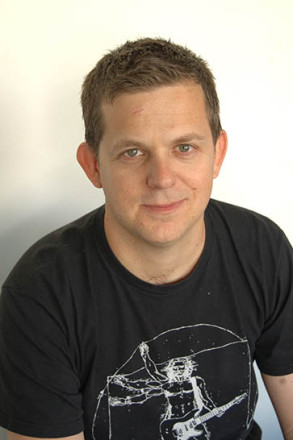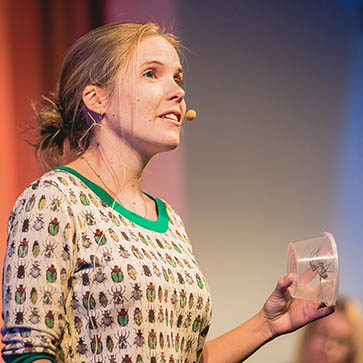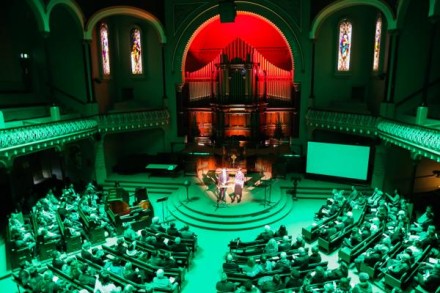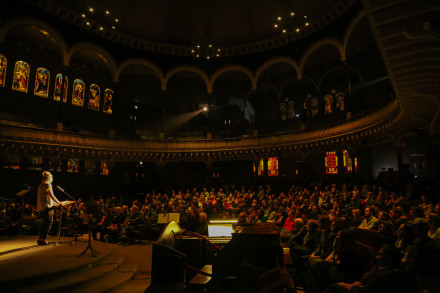Thanks to Vicki Martin for the event review.
Review of the inaugural Australian Citizen Science Conference
Canberra, 23-25 July 2015
bit.ly/ACSA2015
The chilly winter Canberra morning couldn’t slow down the enthusiasm of attendees at the inaugural Australian Citizen Science Conference on 23rd July this year. Seats were as rare as hens teeth at this over-subscribed event, with more than 200 attendees registered from all over Australia and far flung corners of the globe.
After a warm welcome to country from Aunty Agnes Shea, elder of the Ngunnawal people, welcoming remarks were made by Professor Suzanne Miller (Queensland Museum), and Simon France (Inspiring Australia). Australia’s Chief Scientist, Professor Ian Chubb opened up the conference with a rousing pep talk about the importance of engaging the public in citizen science. The event coincided with the release of an Occasional Paper, Building Australia through Citizen Science, by the Office of the Chief Scientist. The paper can be accessed through bit.ly/CitizenSciencePaper.
We were very fortunate to have two passionate speakers from Cornell University in the USA. Keynote speaker and singing ornithologist, Rick Bonney, shared his vast experience in the world of citizen science and public engagement in research. His singing was pretty good, too! (On the second day he sang us out to lunch – how many keynotes do that?)
The first of a series of speed talks and workshop sessions followed Rick’s keynote address, led by his colleague, Jennifer Shirk. Jennifer is well known for her contributions to the theory of public participation in scientific research (PPSR). Throughout the two days, the speed talks opened our eyes to the incredible array and diversity of citizen science projects across the planet and in our own backyard. The conference organisers allowed plenty of time for poster and networking sessions, during which the Shine Dome buzzed with conversation and connections, information and good food. Day two saw more speed talks and a panel discussion on the many forms of citizen science. The full program and book of abstracts are available for download at bit.ly/ACSA2015.
An additional day was added to the conference for groups wanting to discuss specific issues in citizen science, including Bio Blitzes, the usability of technology, and citizen science and its influence on policy. These sessions were great for attendees to cement the lessons learned from practitioners in these areas, and allowed for more focussed discussion on these topics.
The feedback from people was overwhelmingly positive. Not only did attendees learn a lot, and have a lot of fun, it gave many a strong sense of community which will only help to strengthen the practice of citizen science in Australia. With the newly formed management committee, chaired by Philip Roetman, the potential for citizen science to build stronger partnerships between Australian scientists and the community looks very promising indeed. I’m looking forward to the next conference already.






